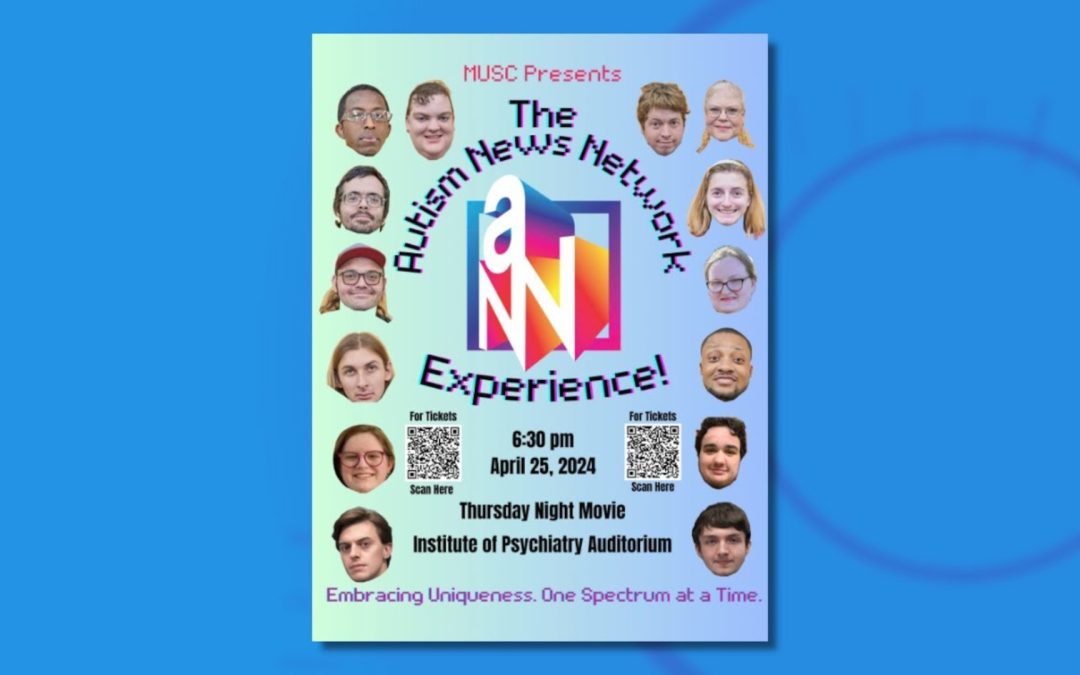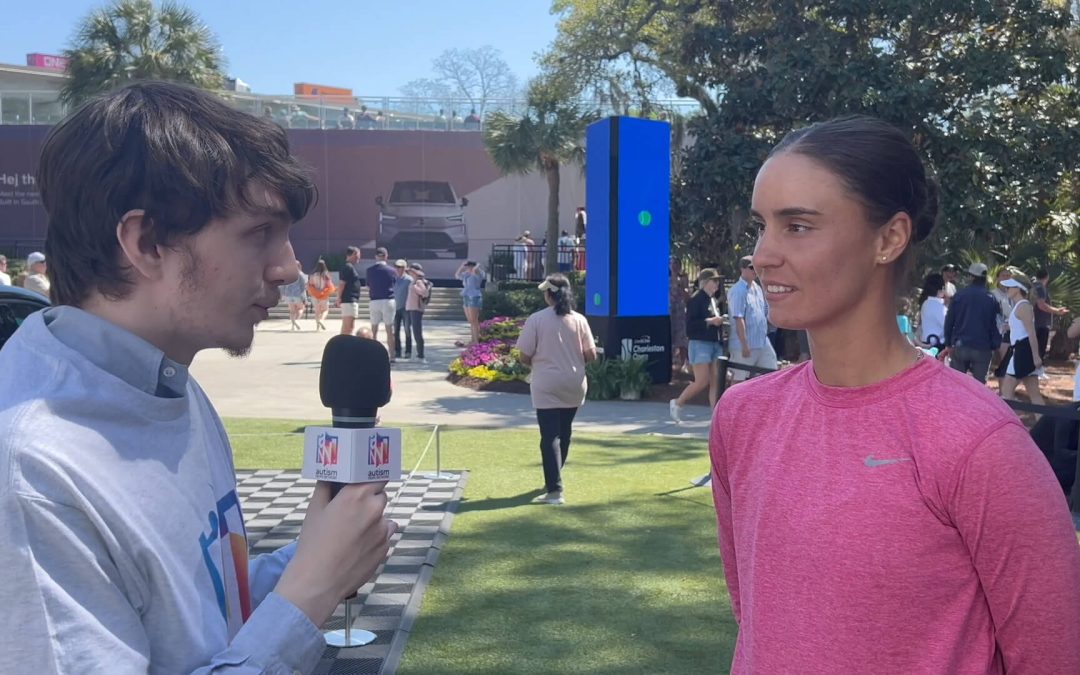
The “Autism News Network Experience!” Online Watch Party June 13
Please join us at 7:30PM EDT on Thursday June 13th for the online premiere of the Autism News Network Experience! movie. The Autism News Network Experience feature film is created by individuals on the Autism spectrum. In this film, you will find stories of our...

0 Comments